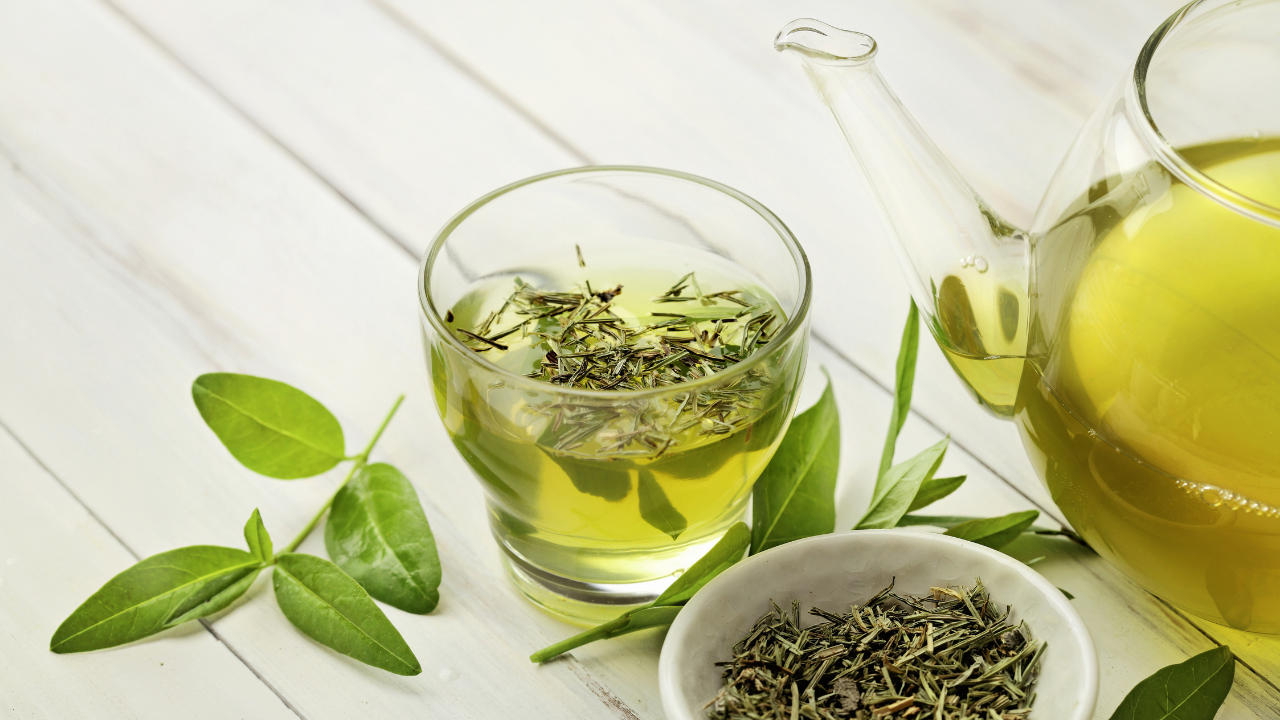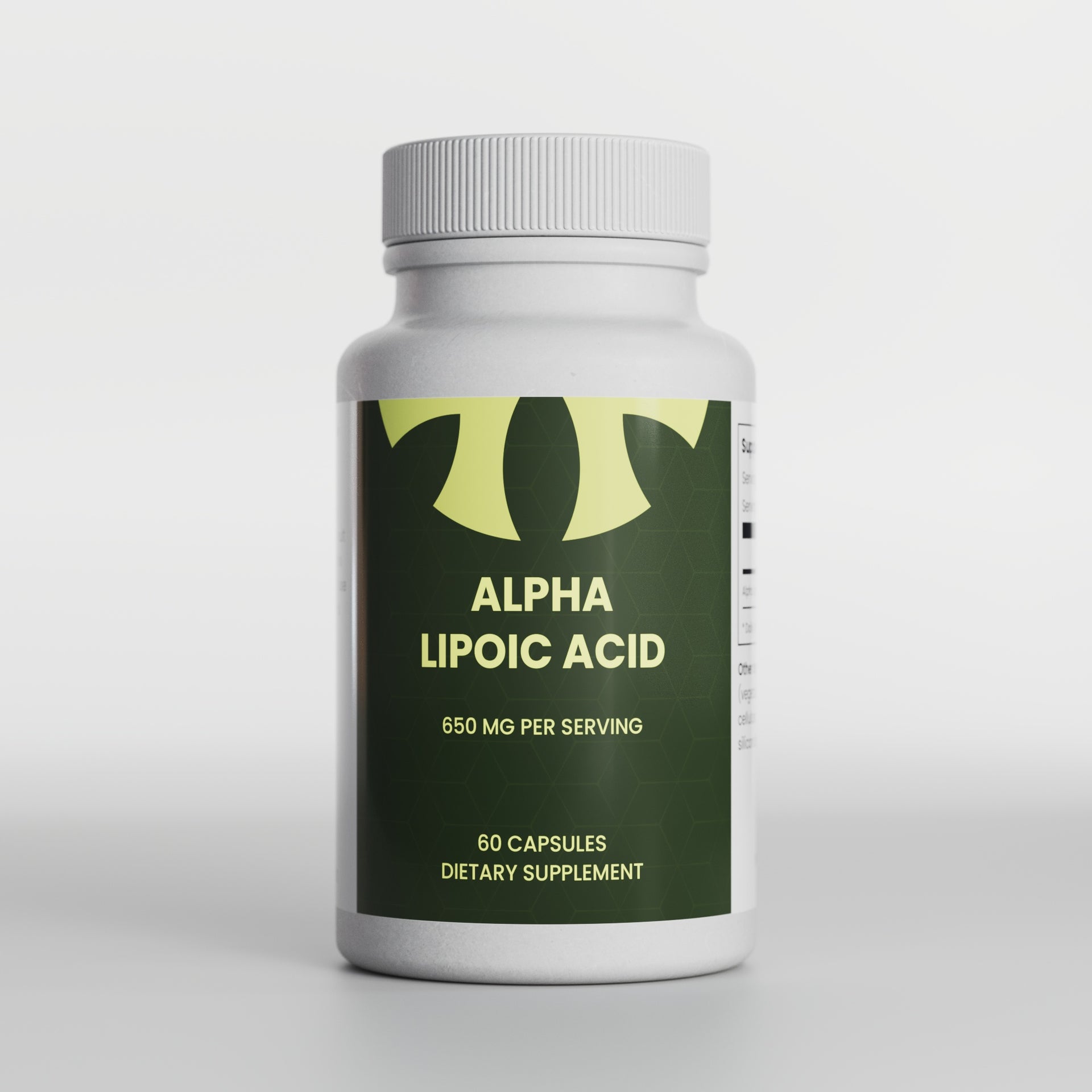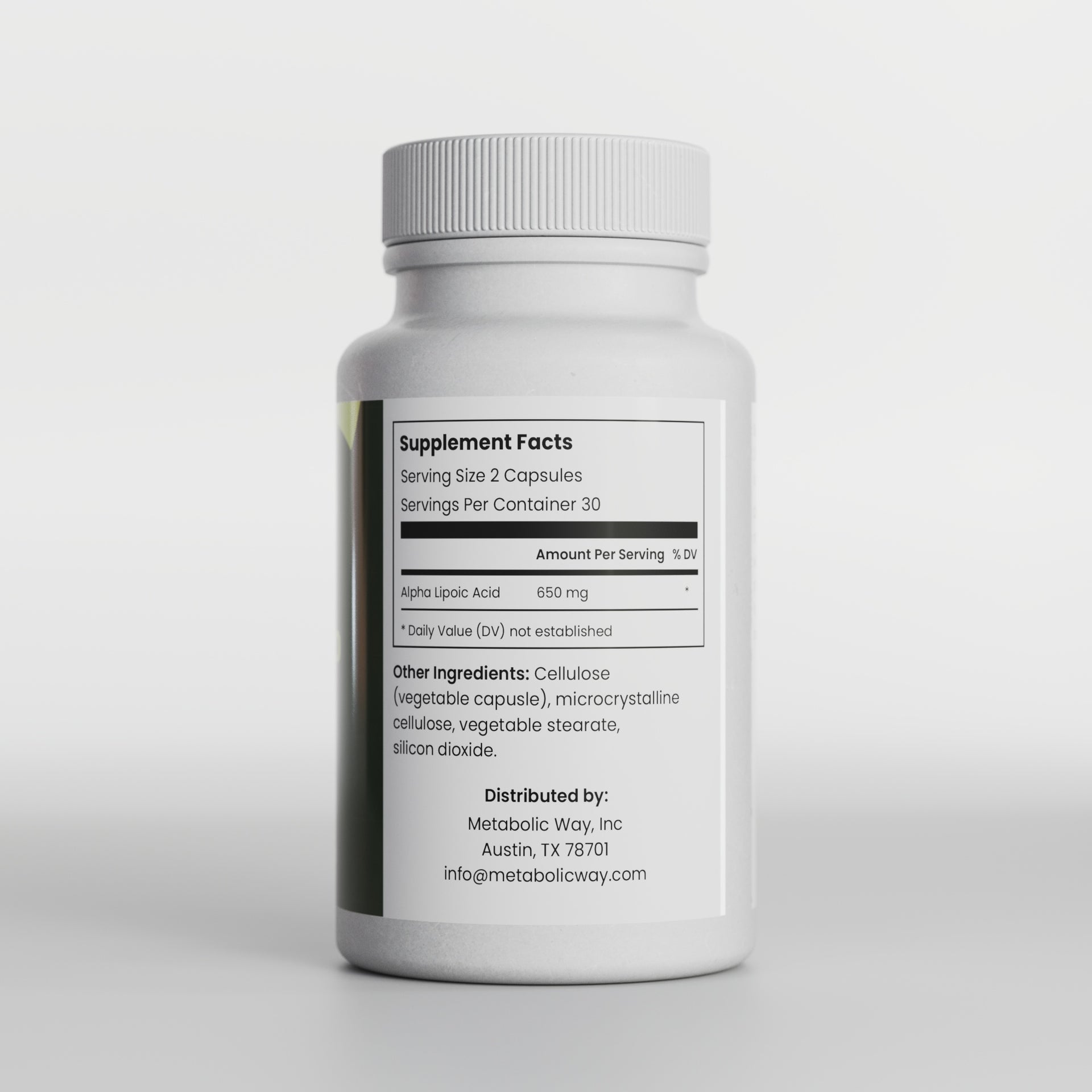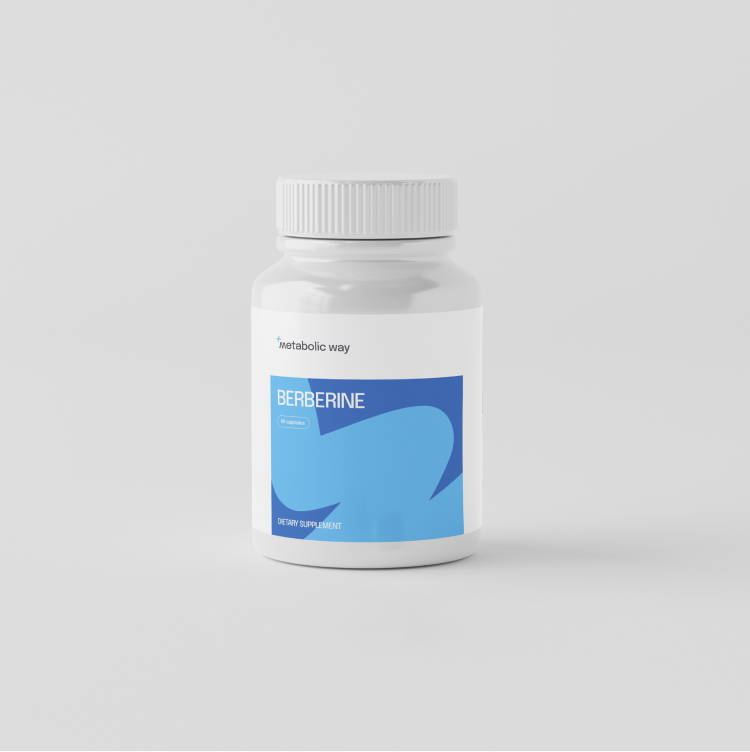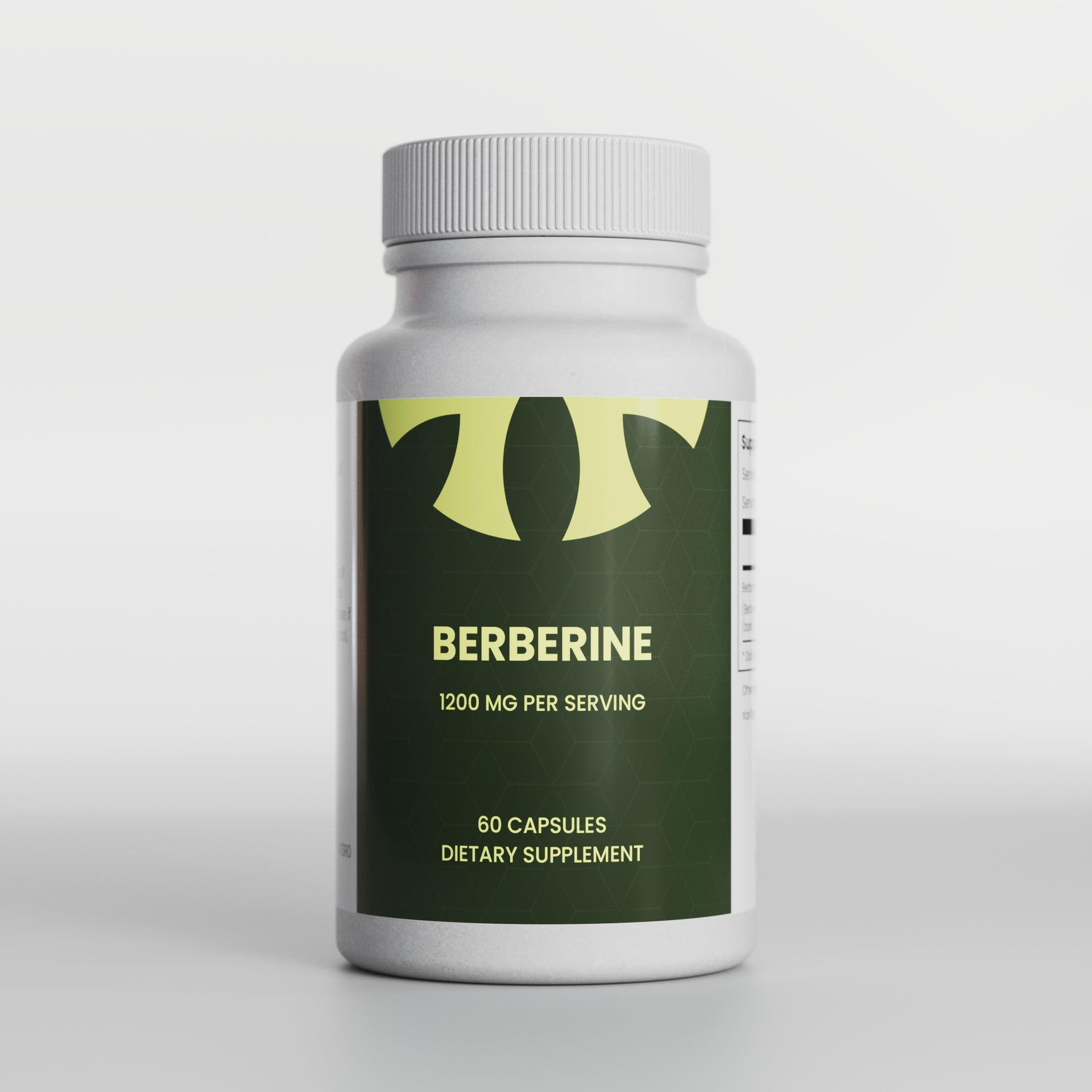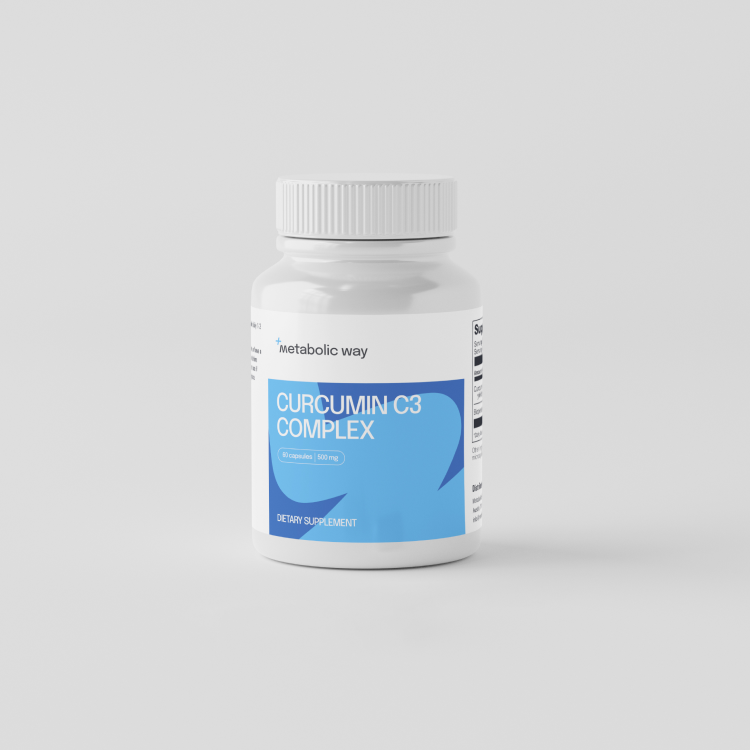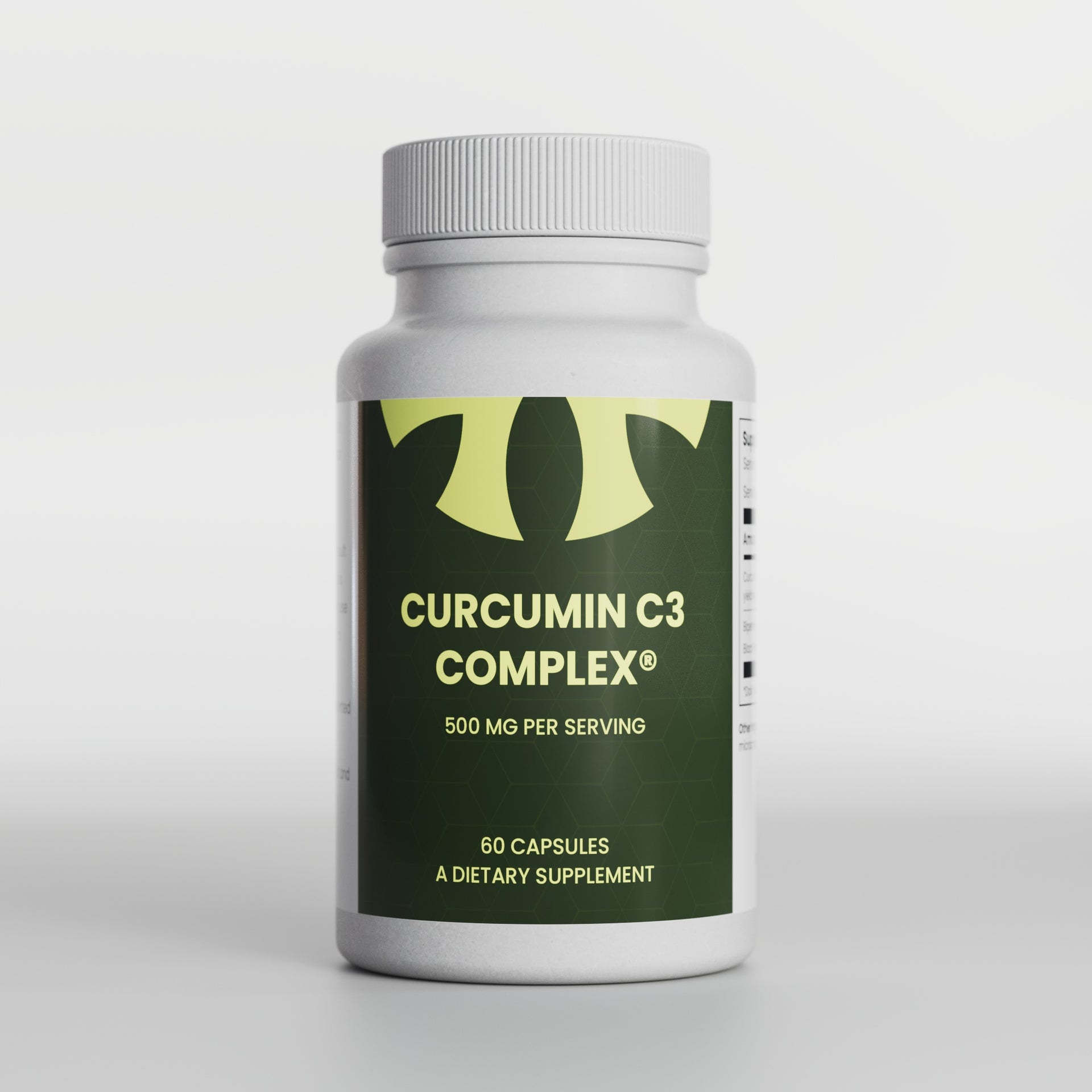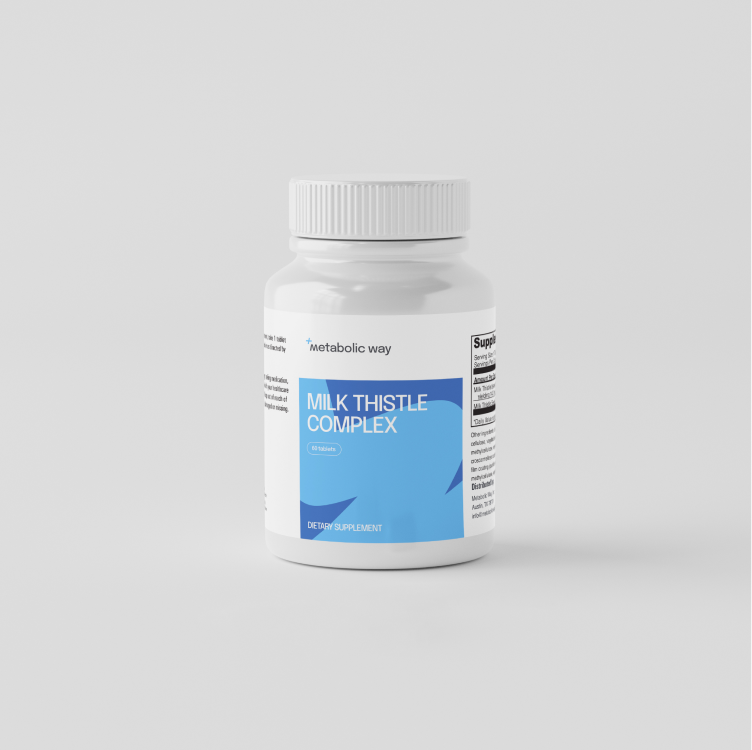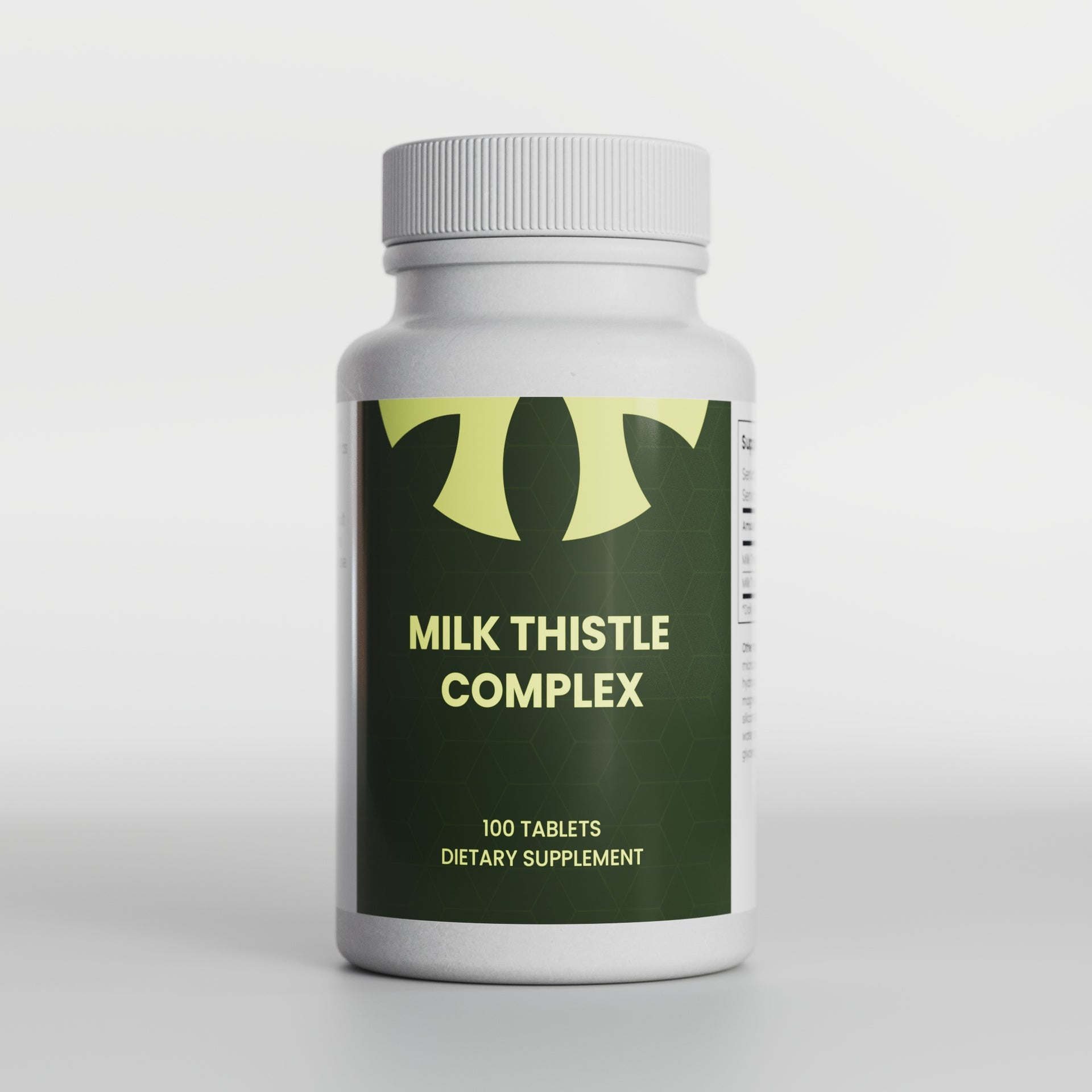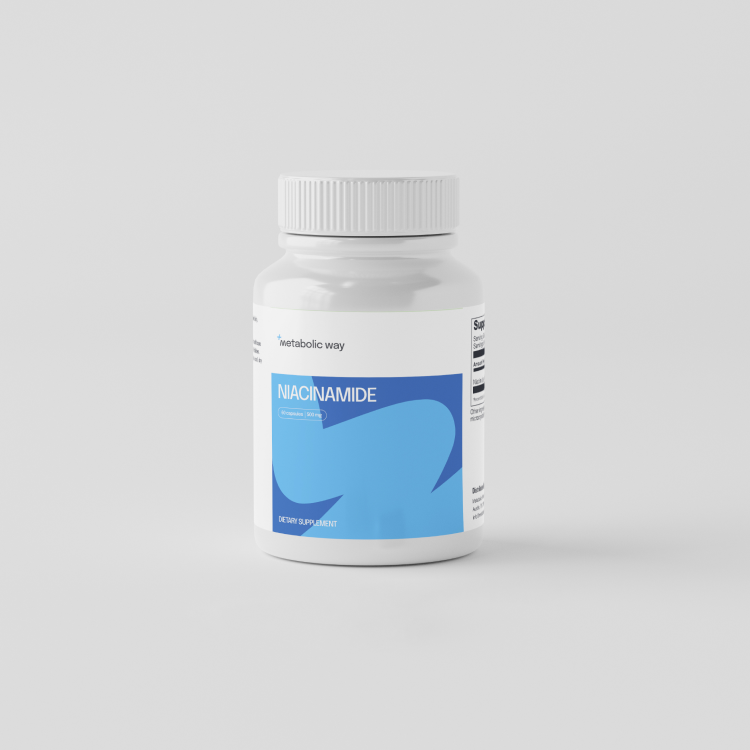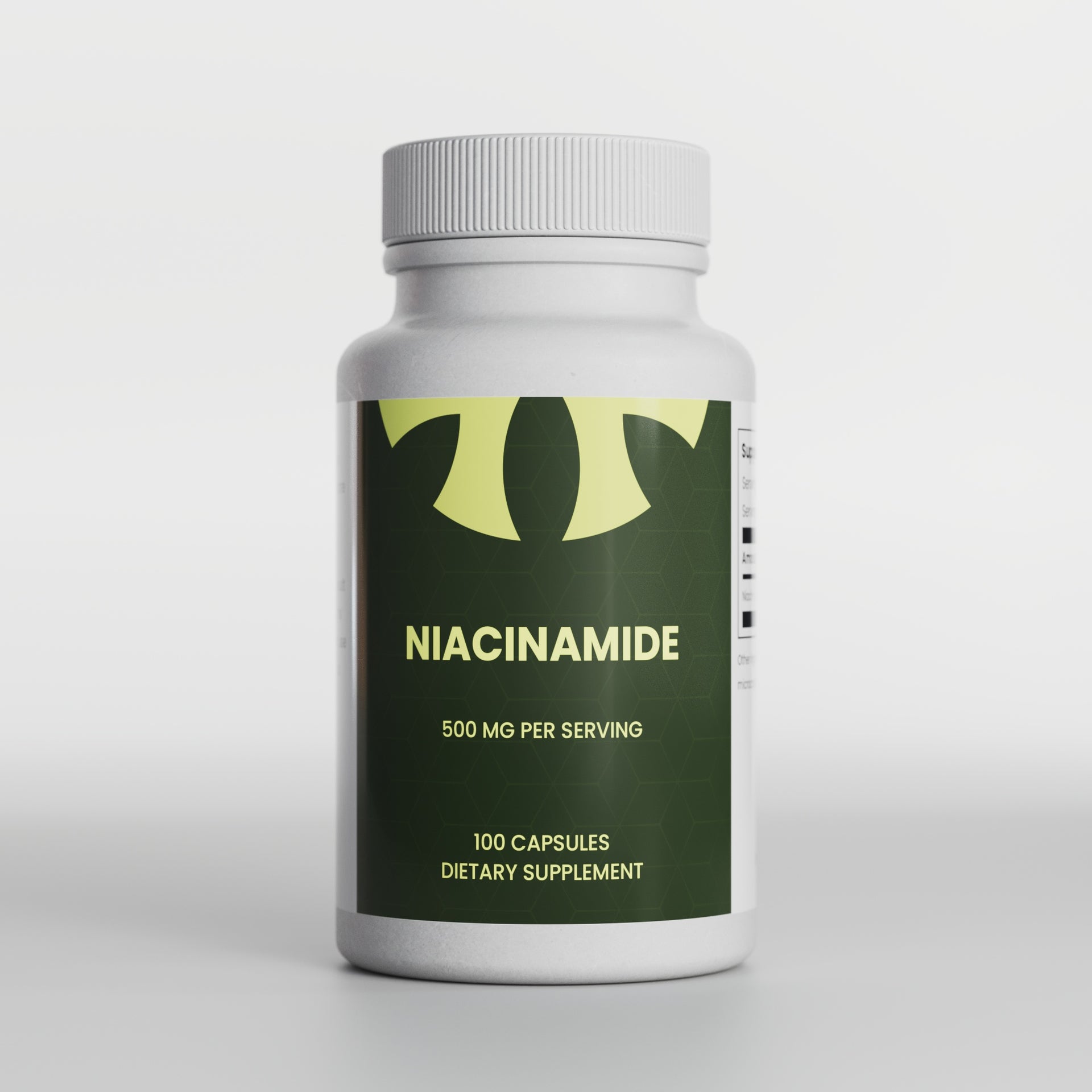Research Highlights:
Main Point 1: Green tea and its polyphenol extracts show promise in reducing the risk of prostate cancer.
Main Point 2: Recent studies reveal a significant association between green tea consumption and lower prostate cancer incidence.
Main Point 3: Diet plays a crucial role in prostate cancer prevention, with green tea being just one piece of the puzzle.
Main Point 4: Challenges in interpreting studies on green tea emphasize the need for further research.
Scientifically Reviewed by: Dr. Gary Gonzalez, MD, in August 2023.
Introduction
In the realm of cancer prevention and management, the role of nutrition cannot be overstated. Among the array of dietary elements that have garnered attention, green tea has emerged as a potential game-changer, particularly in the context of prostate cancer. Over the years, an increasing volume of research has delved into the intriguing connection between green tea and its polyphenol extracts and the prevention of prostate cancer. In this comprehensive review, we explore the latest findings and delve into the significance of diet in prostate cancer prevention, all while highlighting the potential benefits of green tea.
What You Need to Know
Point 1: Green tea and its polyphenol extracts have shown promise in reducing the risk of prostate cancer. Initial skepticism from some quarters, including the FDA, has been countered by a growing body of scientific evidence.
Point 2: Recent studies have revealed a significant association between green tea consumption and a lower incidence of prostate cancer. A meta-analysis conducted in 2017 demonstrated a dose-dependent reduction in prostate cancer risk with increased green tea intake.
Point 3: While green tea holds potential, it should not be viewed in isolation. A holistic approach to diet and lifestyle is essential in prostate cancer prevention. Various studies have emphasized the importance of dietary patterns rich in fruits, vegetables, and whole grains, coupled with exercise, in mitigating risk.
Point 4: The interpretation of studies on green tea can be challenging due to variations in dosage, duration, and other factors. More extensive and rigorous human studies are warranted to provide definitive answers regarding its efficacy.
Section 1: Latest Advancements in Treatment
Subsection 1.1: Unraveling Green Tea's Role The journey of green tea in cancer prevention began with skepticism, with the FDA once stating it was unlikely to reduce prostate cancer risk. However, the landscape has evolved significantly. Recent studies, including a meta-analysis,
have presented compelling evidence of green tea's potential in lowering prostate cancer incidence. The meta-analysis revealed a dose-dependent reduction in risk associated with increased green tea consumption.
Subsection 1.2: Diet's Impact on Prostate Cancer While green tea has taken the spotlight, it is crucial to remember that it is just one piece of the puzzle. Emerging research consistently underscores the pivotal role of diet in prostate cancer prevention. Dietary patterns emphasizing fruits, vegetables, and whole grains have been associated with reduced risk.
Section 2: Mechanisms of Cancer Growth
Intriguingly, green tea's potential in prostate cancer prevention lies in its polyphenol extracts, particularly Epigallocatechin-3-gallate (EGCG). Laboratory studies have revealed that these catechins can inhibit cancer cell growth, motility, and invasion, and stimulate cancer cell death. The understanding of these mechanisms can pave the way for novel therapies or preventive measures.
Section 3: Clinical Trials and Their Importance
Clinical trials have been instrumental in shedding light on the impact of green tea in prostate cancer. A study conducted by Moffitt Cancer Center explored the safety and effectiveness of green tea catechins in preventing prostate cancer development in men with premalignant lesions. While the overall results did not reach statistical significance, a subgroup analysis indicated a potential benefit in certain individuals.
Section 4: Broader Implications and Future Research
As we navigate the complex landscape of prostate cancer prevention, it becomes evident that a multifaceted approach is essential. Beyond green tea, diet, exercise, and lifestyle choices play a significant role. However, the challenges in interpreting studies on green tea underscore the need for further research, particularly robust human trials that can provide clearer insights.
Summary
In summary, the potential of green tea in prostate cancer prevention is a topic of growing interest and significance. Recent studies have offered promising insights, but a comprehensive approach to diet and lifestyle remains paramount. As we await further research to definitively establish green tea's role, it is clear that a holistic approach to health is the key to reducing the burden of prostate cancer.
References:
- FDA. Available at: 1. FDA. Available at:
https://www.fda.gov/food/ingredientspackaginglabeling/labelingnutrition/ucm072774.htm. Accessed April 17, 2017.
- Bettuzzi S, Brausi M, Rizzi F, et al. Chemoprevention of human prostate cancer by oral administration of green tea catechins (GTCs) in high grade PIN subjects: a preliminary report from a 1 year proof of principle study. Cancer Research. 2005;65(9 Supplement):1041-.
